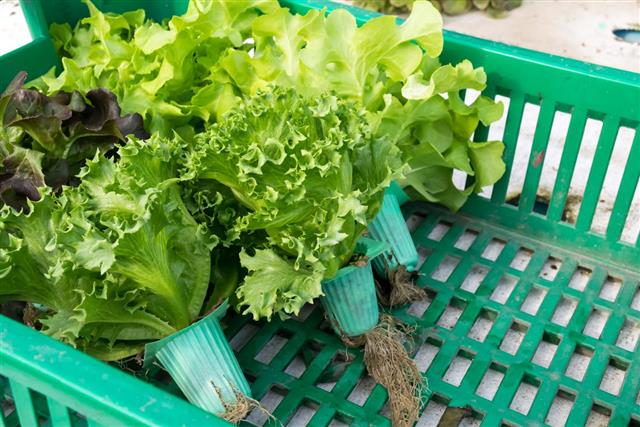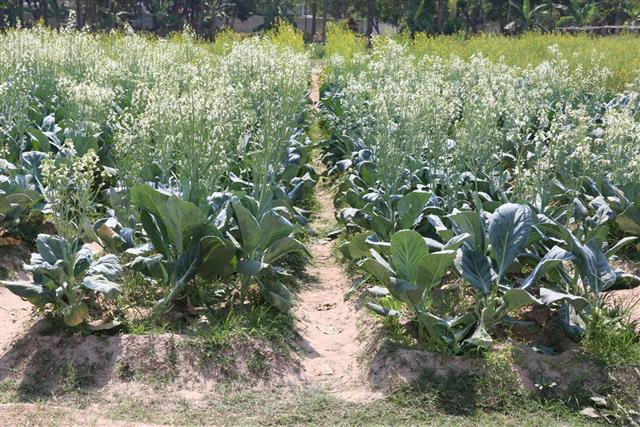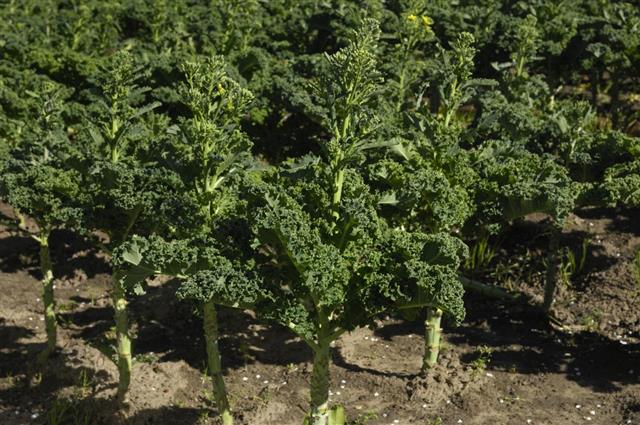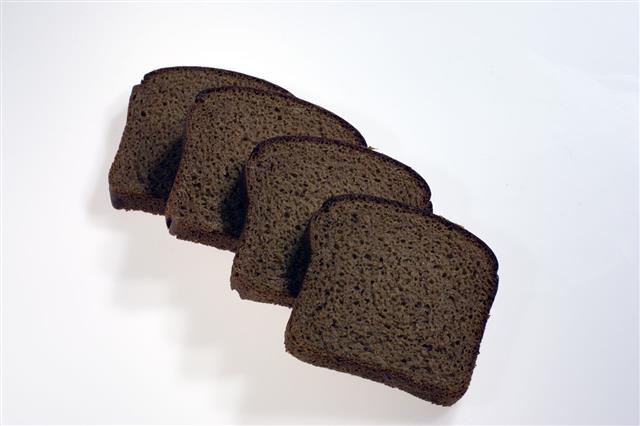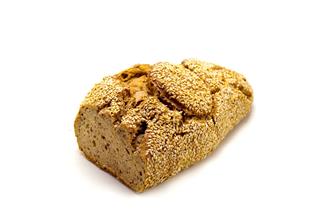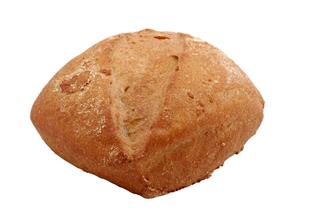
The agony of PMS is inexplicable, and its effects on a woman can be unnerving. About 8% to 20% women get these symptoms one or two weeks before their monthly cycle. This article provides information about the various foods which help in relieving the symptoms of PMS.
Premenstrual syndrome is a group of symptoms which occur one or two weeks before the period (monthly bleeding), and usually go away with the start of the bleeding. The symptoms include depression, bloating, irritation, anxiousness, tenderness of breasts, and mood swings. It is a physically and emotionally exhausting time from most women. Although the exact cause of these symptoms are not known, many factors can be responsible for this. Hormonal changes seem to be the major factor responsible for this condition. Other factors include low levels of vitamins and minerals, consumption of salty foods, alcohol, and caffeine. Fortunately, there are certain foods that can provide relief from the effects of PMS.
Nutrients/Foods that Relieve PMS
- Calcium: Yogurt, cheese, and other dairy products contain high amounts of calcium, which is necessary for women who go through these symptoms. Calcium is known to relieve depressive symptoms or anxiety. Consuming calcium-rich foods a few days before, as well as during the days of menstruation will keep you feeling healthy. Low-fat yogurt helps in reducing the effects of PMS and bloating. Other calcium-rich foods include vegetables such as broccoli, and fruits such as bananas.
- Omega-3 Fatty Acids: Foods rich in this nutrient are known to curb the mood swings that are experienced during PMS. Also, foods such as ground flax seeds, avocado, salmon, and sardines should be consumed during this time. In fact, sardines are also a rich source of calcium, which relieves depression.
- Vitamin B Complex: This vitamin, particularly Vitamin B1, B2, and B6 are important in controlling the symptoms of PMS. Studies show that women who consume these vitamins through foods are at a lower risk of developing PMS symptoms. Vitamin B complex foods such as bananas, cranberries, spinach, green beans, and fish help in regulating mood swings.
- Vitamin E: Breast tenderness and fatigue can be controlled by the intake of vitamin E-rich foods and supplements. These foods include kale, spinach, nuts, seeds, brown rice, asparagus, and fish. One may take some vitamin supplements to help alleviate the symptoms of PMS, but they should be taken only after consultation with a medical health professional.
- Complex Carbohydrates: Many women experience food cravings during PMS. Consuming foods that are rich in complex carbohydrates, rather than junk foods and refined sugars will revive and rejuvenate you. It also prevents bloating and water retention associated with this condition. Whole grains, oat bran, and other such foods should be consumed at this time.
- High Fiber: Eating high-fiber foods help reduce the fatigue and irritability during this period. These foods reduce the symptoms of bloating. Foods such as kale, which is rich in calcium and vitamin E, spinach and beets that are rich in iron, and other green leafy vegetables rejuvenate you.
- Magnesium: Depression during PMS may be caused due to deficiency of magnesium in the body. Thus, magnesium rich foods such as lentils, nuts such as almonds and hazelnuts, brown rice, wheat bran, Swiss chard, spinach, peanuts, beans, peas, sunflower seeds, and peanuts are great ways of increasing the magnesium levels in the body.
Preparing various meals with the aforementioned foods are sure to keep you free of the various PMS symptoms.
Other Tips
Apart from resorting to a diet rich in the aforementioned nutrients, there are certain other foods that must be avoided during this time. These include foods rich in sodium, such as processed and packaged foods, sugar-rich foods that include chocolate and dessert, caffeine rich drinks such as tea and coffee, and alcohol. Furthermore, getting a good amount of exercise will refresh you and keep you from feeling depressed or irritable at this time. Relaxation techniques that help alleviate stress, such as yoga and meditation, are also helpful.
Disclaimer: This HerHaleness article is for informative purposes only, and should not be used as a replacement for expert medical advice.
